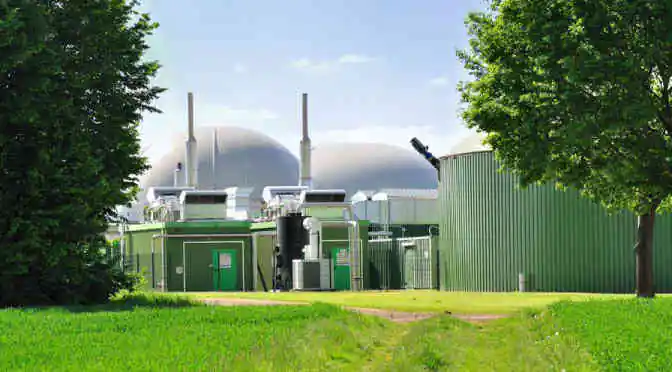Regarded as one of the most viable options to meet the energy demands of a mushrooming population, the global biorefinery market is all set to record a double-digit CAGR over the next five years. The fact that governments from emerging economies too are encouraging investments in biorefinery plants, further explains the growth and amount of innovation taking place in this industry.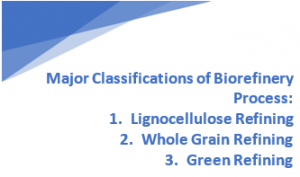
Read: How Surge in Demand for Biofuels Means Huge Growth for Biorefinery Market
Global Biorefinery Market Vendorscape
The presence of numerous vendors – both regional and global – has added intense competition in the global biorefinery market. While the American companies still dominate the market, there are good number of vendors from the APAC and the EMEA region which have made entry in the global market.
In fact, the market for biorefinery products in the EMEA area holds huge potential for further expansion with thermo-chemicals and industrial biotechnology into play.
Here is our list of top five companies in the global biorefinery market:
1. ![]()

About the company
The largest supplier of renewable diesel in the world, Neste has consistently been in news for its sustainable business, transport, and consumer needs solutions. Being one of the most technologically advanced refiners, Neste produces high quality oil products from wastes and residues.
Recently, the company joined hands with furniture makers – IKEA – to produce bio-based polypropylene plastic which can be utilized in designing eco-friendly furniture.
 In 2018, Neste was placed 2nd on the Global 100 list of the most sustainable companies in the world.
In 2018, Neste was placed 2nd on the Global 100 list of the most sustainable companies in the world.
2. 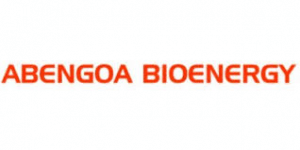

About the company
One of the noted companies in the global biorefinery market, Abengoa Bioenergy deploys new technologies to produce biofuels and the sustainability of raw materials. Apart from new technologies, the other three major areas of company’s activities are:
- Raw material procurement
- Bioethanol origination
- DGS and sugar trading
 The two major subsidiaries of Abengoa Bioenergy are Befesa and Abengoa Solar.
The two major subsidiaries of Abengoa Bioenergy are Befesa and Abengoa Solar.
3. 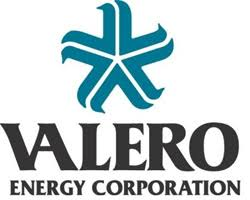

About the company
A Fortune 500 company, Valero is the world’s largest independent petroleum refiner and ethanol producer. With 11 ethanol plant, Valero has a production capacity of 1.4 billion gallons per year. Its 15 petroleum refineries are in the US, Canada, and the UK.
Valero is one company which has strengthened its position in Europe through a series of acquisitions. Its recent acquisition of the Pembroke Refinery from Chevron has sealed its position in the European biorefinery market.
 Valero was the highest-ranked independent refiner on Newsweek magazine’s 2017 Green Rankings for environmental performance. The company was also among the top independent refiner on Fortune magazine’s World’s Most Admired Companies list in 2016.
Valero was the highest-ranked independent refiner on Newsweek magazine’s 2017 Green Rankings for environmental performance. The company was also among the top independent refiner on Fortune magazine’s World’s Most Admired Companies list in 2016.
4. 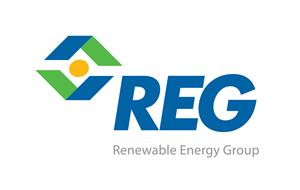

About the company
A leading provider of cleaner, lower carbon intensity products and services, Renewable Energy Group (REG) is an international producer of biomass-based diesel. Often listed as North America’s largest producer of advanced biofuel, REG employs an integrated procurement, distribution, and logistics network to convert natural fats, oils, greases, and sugars into lower carbon intensity products.
At present REG has 14 active biorefineries and one feedstock processing facility. In May this year, the company successfully completed the expansion of its Ralston refinery. With an investment of $32 million USD, REG increased the production capacity of this refinery from 12 to 30 million gallons per year.
 Syntroleum, Central Iowa Energy, American BDF, and Imperium Renewables are some of the most prominent subsidiaries of REG.
Syntroleum, Central Iowa Energy, American BDF, and Imperium Renewables are some of the most prominent subsidiaries of REG.
5. 

About the company
Now known as Honeywell UOP, Universal Oil Products is a leading international supplier and technology licensor for the petroleum refining, gas processing, and petrochemical production. The company has to its credit the development of the first biodegradable detergents, unleaded gas, and the catalytic converter.
Recently, Romania’s OMV Petrom entered into an agreement to utilize Honeywell UOP’s connected plants to improve the reliability of its refinery operations.
 Some of the prominent subsidiaries of Honeywell UOP are Envergent Technologies, Honeywell UOP Korea, and Nikki-Universal Ltd.
Some of the prominent subsidiaries of Honeywell UOP are Envergent Technologies, Honeywell UOP Korea, and Nikki-Universal Ltd.

